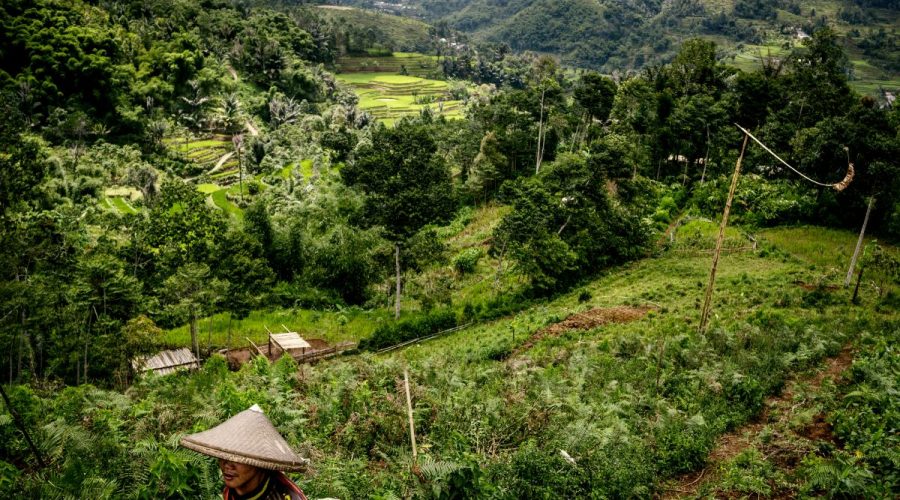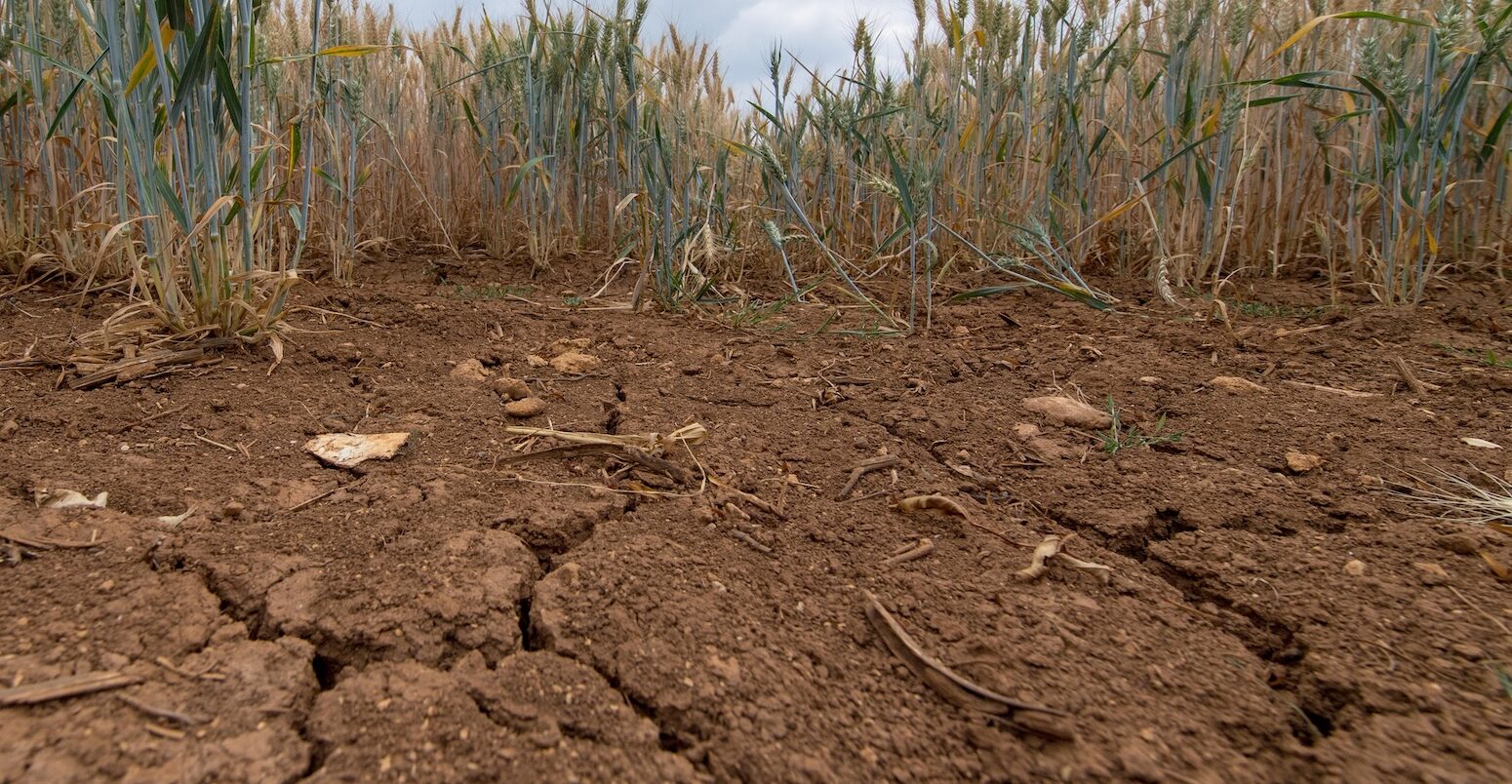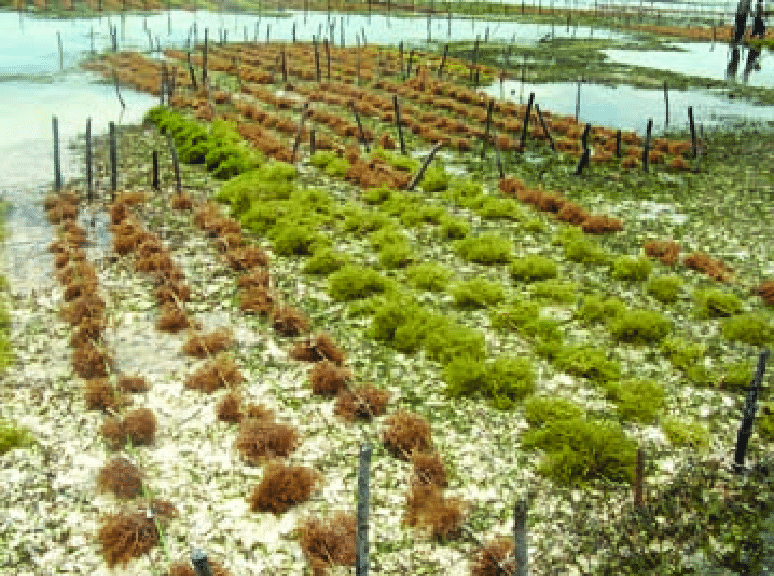Deadline: 12-Apr-2022
The International Development Research Centre (IDRC), Canadian Institutes of Health Research (CIHR) and the Social Sciences and Humanities Research Council (SSHRC) are inviting applications for the Two-stage Call for Proposals for Research Teams for Women RISE.
Scope
Contents
The following types of research are considered in scope:
- Epidemiological studies that describe and analyze patterns of diseases or health among women and consider different population and occupational factors.
- Population health research that explores diverse women’s experiences as individuals and within the society (e.g., family and community, intergenerational relationships, socioeconomic groups, work groups and enterprises).
- Intervention and Implementation research focused on exploring how policies, practices and strategies already put in place to alleviate the impact of COVID-19 influence the relationships between women’s paid and unpaid work and their health.
- Women RISE is a CAD22,000,000 initiative that aims to support action-oriented, gender-transformative research on how women’s health and their work (paid or unpaid) intersect and interact in the context of preparing, responding to and recovering from COVID-19. This research will inform immediate and medium-term solutions for COVID-19 recovery that improve gender equality and health equity and will contribute to an evidence-base for preparedness and responses to future health emergencies.
Objectives
Women RISE objectives:
- Fund action-oriented research that applies a gender equality and a health equity lens to understand the relationships between women’s work and health before, during, and after COVID-19.
- Support population and public health research aligned with research priority.
- Support the use of research findings on the relation between gender, work and health into gender-transformative policies and interventions that improve health.
- Develop global health researchers’ expertise to conduct gender-transformative research and research on the relationships between women’s work conditions and health status and nurture a community of practice in this area.
Components
- Strengthen research collaboration and learning exchange between researchers in Canada and LMICs, especially emerging researchers in this area.
- Two components are planned to achieve the Initiative’s objective.
- Component 2 – Two-Stage Call for Proposals for Research Teams: Component 2 will support RTs conducting action-oriented research that applies a gender equality and a health equity lens to understand the relationships between women’s paid and unpaid work and health before, during and after COVID-19. RTs are invited to submit Concept Notes for two-year research projects. Teams successful at the Concept Note stage will be invited to submit Full Proposals. Each RT must be led by a low-and middle-income country (LMIC) Principal Investigator based at an LMIC eligible institution, and they must include a Canada-based Co-Principal Investigator and at least one Decision-Maker(s) Co-Principal Investigator from the LMIC country where the research is taking place. For teams working with Indigenous communities, at least one member of the RT must self-identify as Indigenous or provide evidence of having meaningful and culturally safe involvement with Indigenous Peoples. Women-led research teams are strongly encouraged to apply.
Specific Research Areas
A subset of funds is available to support research that is relevant to the scope and objectives of Women RISE and specifically addresses one of the following three Specific Research Areas:
- Infectious diseases research focused on understanding how relationships between women’s work and health have been shaped by and are shaping disruptions to infectious disease prevention, immunization programs and care services.
- HIV/AIDS STBBI research specific to women living with HIV/AIDS, COVID-19-related disruptions to HIV and STBBI prevention or care services, or the health of women in occupations that put them at increased risk for HIV and STBBI acquisition.
- Pandemics and other health emergencies research that investigates ways the COVID-19 experience can inform, improve, and safeguard women’s health and socioeconomic well-being against future health emergencies.
Funding Information
- Duration: Up to 24 months.
- The total amount available for this Call for Proposals is CAD20,000,000, enough to fund up to twenty (20) teams. Projects will have a maximum budget of CAD1,000,000 per grant.
- Of this CAD20,000,000:
- CAD16,000,00 is available to fund research projects relevant to the objectives and scope of the Call;
- CAD1,000,000 is available to fund research projects specifically relevant to the infectious diseases research area;
- CAD1,000,000 is available to fund research projects specifically relevant to the HIV/AIDS STBBI research area; and
- CAD2,000,000 is available to fund research projects specifically relevant to the pandemics and other health emergencies research area.
Eligibility Criteria
- For an application to be eligible:
- The Research Team must include:
- A Principal Investigator (PI) who is an LMIC researcher (citizen or permanent resident of an LMIC country/territory) based in the LMIC Lead Applicant Organization and residing in an eligible LMIC country/territory where the research is proposed. Women researchers are strongly encouraged to apply. The PI will be the team lead and will work in close collaboration with the two following members:
- A Canada-based Co-Principal Investigator (Co-PI) who is:
- An independent researcher (Canadian based) affiliated with a Canadian postsecondary institution and/or its affiliated institutions (including hospitals, research institutes and other non-profit organizations with a mandate for health research and/or knowledge translation). OR
- An individual affiliated with an Indigenous non-governmental organization in Canada with a research and/or knowledge translation mandate.
- A Decision-Maker Co-PI based in the same country as the Lead Applicant Organization or in a country where the research will take place. Decision-Maker Co-PIs can be local, district or national level Decision-Makers but must have responsibilities within the government relevant to the proposed research. She/he will need to have within their responsibility and authority to support the identification of research questions, roll out of the research and uptake of the results at the appropriate level. If the Decision-Maker Co-PI is not from a government entity, the team needs to justify how the chosen Decision-Maker Co-PI has the ability to support the research, act to implement the research findings and influence relevant levels of government.
- For applications involving Indigenous communities, the RT must include at least one member who self-identifies as Indigenous or provides evidence of having meaningful and culturally safe involvement with Indigenous Peoples in an Indigenous Health Research Environment. This team member could be the PI, Canada-based Co-PI or Decision-Maker Co-PI or could be an additional Indigenous Co-PI who is an Indigenous community member or leader, Indigenous Elder or Indigenous Knowledge Keeper. The RT must submit an attachment describing how they meet this requirement.
- The Research Team must include:
- The Research Team must also include the following organizations:
- The Lead Applicant Organization must:
- Have a legal corporate registration and be based in an eligible LMIC.;
- Have independent legal status (or “legal personality”) and the ability to receive and administer funds;
- Be eligible to conduct or coordinate independent research in the study countries; and
- Have a corporate policy to allow researchers to publish without institutional restrictions in the international academic literature.
- The Canadian Co-Applicant Organization must:
- Be a Canadian post-secondary institution and/or its affiliated institutions (including hospitals, research institutes and other non-profit organizations with a mandate for health research and/or knowledge translation) or an Indigenous non-governmental organization in Canada with research and/or knowledge translation mandate.
- Have a legal corporate registration in Canada, be capable of contracting in its own right and name and will be responsible for managing grant funds issued in Canada.
- The Lead Applicant Organization must:





